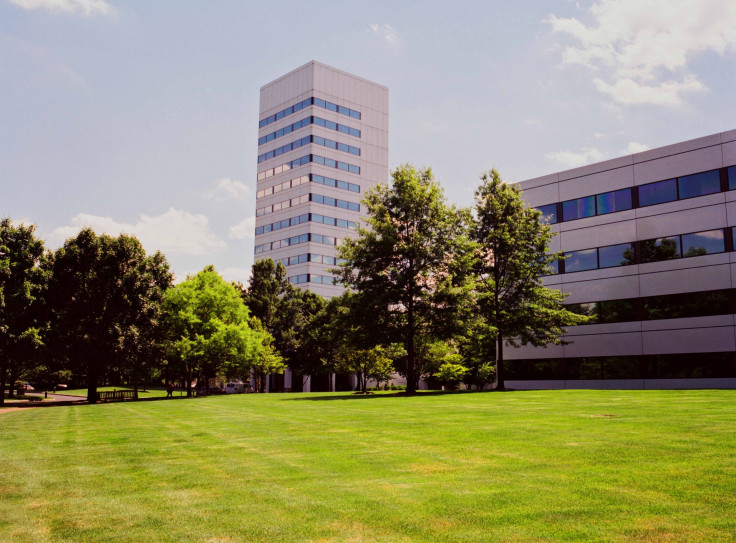Johnson & Johnson To Settle Hip Replacement Lawsuits For $4 Billion

Johnson & Johnson, or J&J (NYSE:JNJ), has agreed to pay $4 billion for the settlement of thousands of lawsuits filed against the company over a defective metal hip transplant, making it the largest payout in liability claims over a medical product in the U.S., media reports said, citing people familiar with the matter.
The tentative plan could be announced in coming days, after the deal wins court approval, a New York Times report said, citing two lawyers, who spoke on condition of anonymity. The deal involves those patients -- about 7,000 to 8,000 -- who had replaced J&J’s all-metal artificial hip, called Articular Surface Replacement, or A.S.R., with another artificial hip after being injured by the company's defective devices.
Of the more than 12,000 lawsuits filed, “The accord will resolve more than 7,500 lawsuits in federal and state courts against J&J’s DePuy unit,” unidentified sources familiar with the deal told Bloomberg News.
According to the deal, the New Brunswick, N.J.-based company will not pay patients who had the company’s artificial hip installed but have not had it removed yet. However, people, who in future would be forced to remove the company’s hip, can seek compensation at the time, making the deal costlier for the company.
According to the planned settlement, each patient would get about $350,000 on average in compensation but, individual compensation would depend on the patient’s age and medical condition, the Times report said.
J&J’s DePuy unit recalled 93,000 implants from all over the world in 2010 -- 37,000 of which were in the U.S. alone -- after more than 12 percent of the units failed within five years. Typically, artificial hips last for more than 15 years before they are to be replaced due to wear and tear.
According to the lawsuits, a metal ball in J&J’s hip unit creates debris when it slides against a metal cup. The debris increases with wear and tear and has caused tissue death around the joint in some cases and increased the amount of metal ions in patients' blood to dangerous levels, leading to crippling injuries in some other cases, Bloomberg reported.
J&J is accused of continuing sales of A.S.R., both in the U.S. and outside, despite learning about the flaw in its design, according to documents submitted in court during the trails. Of the two cases that came for trial, the company won one case and lost the other.
The current agreement comes after another settlement was announced on Nov. 4 by the company to pay $2.2 billion to resolve criminal and civil investigations into the marketing of Risperdal, an antipsychotic drug.
© Copyright IBTimes 2024. All rights reserved.












